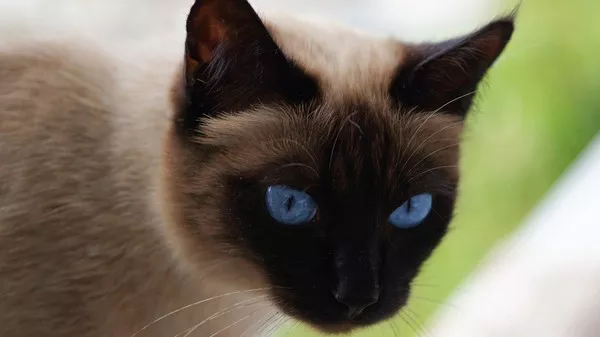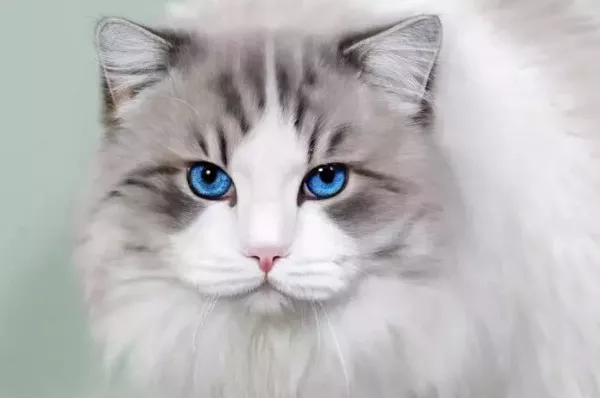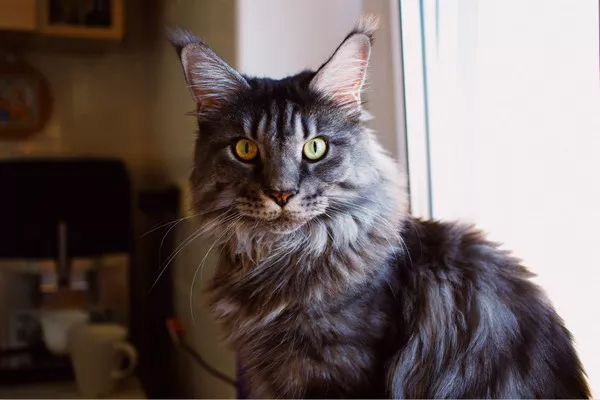The Siamese cat is a popular breed of domestic cat known for its distinctive features and personality. One question that many Siamese cat owners ask is what these feline friends like to eat. In this article, we will explore the dietary needs of Siamese cats, their preferred foods, and some tips to ensure that they remain healthy throughout their lives.
Dietary Needs of Siamese Cats
As with all cats, Siamese cats are obligate carnivores, which means that they need meat to survive and thrive. Their dietary requirements include high levels of protein, fat, and essential fatty acids, as well as moderate amounts of carbohydrates.
Siamese cats also have a reputation for being active and energetic, so they require a diet that can keep up with their lifestyle. Additionally, their unique body shape and size influence their dietary needs. Siamese cats tend to be long and slender, with muscular bodies, which means that their diets should be carefully balanced to avoid overfeeding and weight gain.
Preferred Foods of Siamese Cats
Siamese cats have individual preferences when it comes to food, but some general guidelines can help you choose the right type of food for your feline friend.
1. High-quality protein sources
Siamese cats require high-quality protein sources to meet their dietary needs. Choose foods that contain animal-based proteins, such as chicken, turkey, or fish, as these provide essential amino acids that cannot be found in plant-based sources.
2. Wet Food
Cats are known for being picky eaters, and Siamese cats are no exception. Wet food is often preferred by Siamese cats, as it provides more moisture, which helps them stay hydrated while eating. It also tends to be more palatable, with a higher meat content compared to dry kibble.
3. Grain-free and limited ingredient
Many Siamese cats are prone to food allergies or sensitivities, which can cause digestive issues and other health problems. Opting for grain-free and limited ingredient diets can help minimize the risk of such issues. These diets typically contain fewer ingredients, making it easier to identify the source of any potential allergic reactions.
4. Specialized diets
Some Siamese cats may have specific dietary requirements due to underlying health conditions. For example, senior cats may require diets with lower calorie content to prevent weight gain, while cats with urinary tract issues may benefit from specialized diets that help maintain healthy bladder function.
Tips to Ensure a Healthy Diet for Siamese Cats
1. Consult with your veterinarian
Before making any changes to your cat’s diet, it is always advisable to consult with your veterinarian. They can help you determine the best type and amount of food to feed your cat based on their individual needs and lifestyle.
2. Avoid overfeeding
Siamese cats are prone to overeating and weight gain, so it is essential to monitor their food intake carefully. Measure out their food portions using a measuring cup or scale to ensure that they are getting the right amount of food.
3. Provide fresh water
Cats need access to fresh, clean water at all times. Make sure to change their water bowl daily and provide multiple sources of water throughout your home to encourage hydration.
4. Offer a variety of foods
While it is important to choose a high-quality diet for your Siamese cat, offering a variety of foods can help prevent boredom and encourage them to eat. Rotate between different protein sources, flavors, textures, and brands to keep things interesting.
Are Siamese Cats Picky Eaters?
Siamese cats can be picky eaters, just like many other breeds of cats. However, it’s essential to note that each cat is an individual with its own preferences and tastes in food. Some Siamese cats may be pickier than others, while some may be more adventurous eaters who will try anything.
It’s important to provide your Siamese cat with a high-quality diet that meets their nutritional needs, but also to offer variety in terms of protein sources, flavors, and textures. This can help prevent boredom and encourage your cat to eat.
If you notice that your Siamese cat is consistently refusing certain foods or seems to have a decreased appetite, it’s always a good idea to consult with your veterinarian to rule out any underlying health issues. They can also provide guidance on how to entice your cat to eat and ensure they are getting the necessary nutrients for optimal health.
Conclusion
In summary, Siamese cats have unique dietary needs based on their activity levels, body size, and shape. Their diet should include high-quality protein sources, moderate amounts of carbohydrates, and essential fatty acids to support their overall health and well-being. Wet food is often preferred, and grain-free and limited ingredient diets can help minimize the risk of allergic reactions. By following these guidelines and consulting with your veterinarian, you can ensure that your Siamese cat enjoys a healthy and balanced diet that meets their individual needs.


























